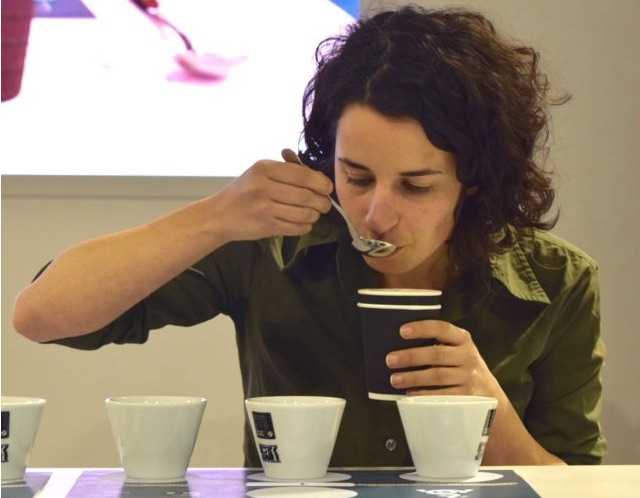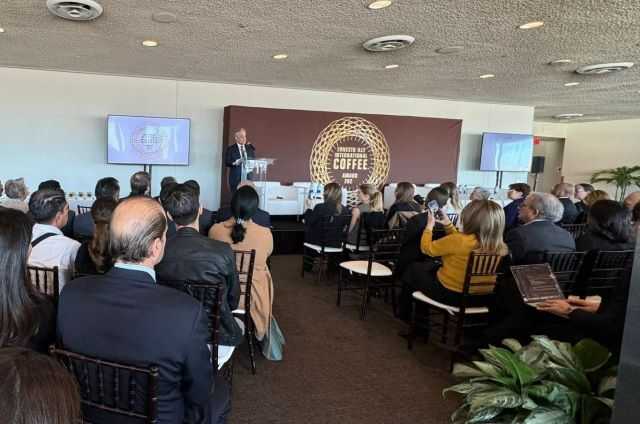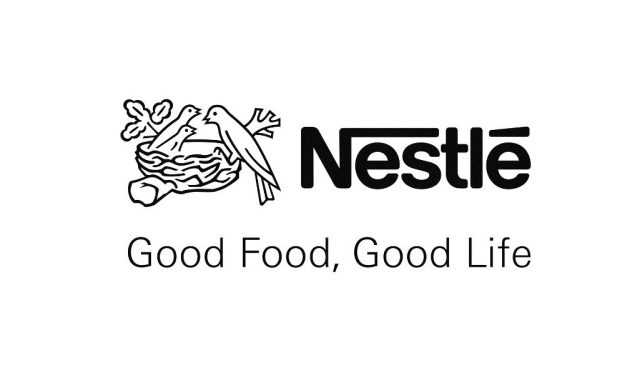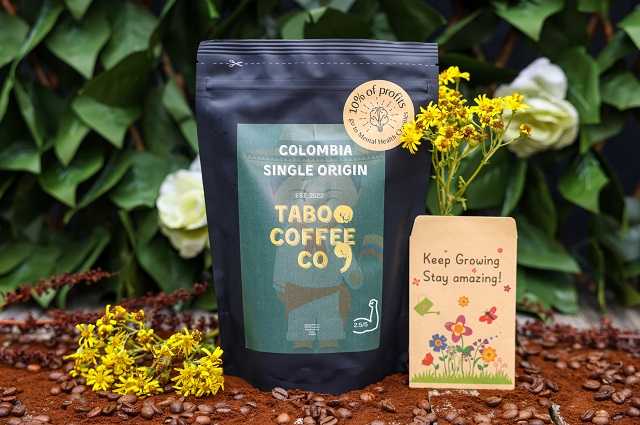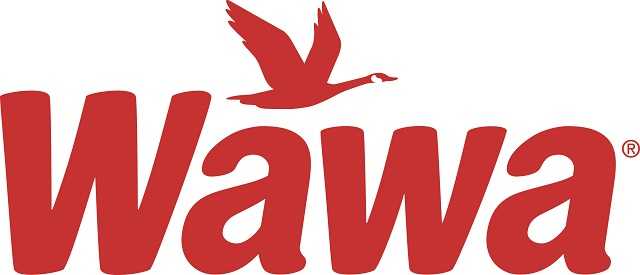MILAN – Colombia and its Specialty coffees are frequently discussed, from competitions to the world of specialized roasters and baristas who use alternative brewing methods. But how much do people really know about the context in which it originates? Helena Oliviero, an expert taster and trainer who divides her work and personal life between Italy and Colombia, offers a unique and concrete perspective on this country and its coffee market.
She refers to Finca Palma Roja, the family farm where she lives with her husband and daughter. It is located in the vereda (rural district) China Alta belonging to the city Ibagué.
Helena explains, “Each area of Colombia has its own economic and political history to consider: some agricultural zones are more developed and easily accessible thanks to the presence of roads, while others, despite being highly productive, are often overlooked in development projects. Tolima, the region where our farm is located, generally suffers from poor road access: the 25km distance from the city takes about 4 hours by 4×4 on a dirt mountain road, which is often blocked by landslides.
From the farm to the local village, there are only trails, so products are transported on foot or by mules. It’s clear that everything becomes difficult in these areas: healthcare, education, internet connectivity, or even mobile network coverage. In some cases, there isn’t even electricity.”
Helena, with 566,000 coffee-growing families, 96% of whom are smallholders (with less than 5 hectares) responsible for 60% of national production, what are the main challenges they face? Is this fragmentation a problem in finding market opportunities, or do these small farmers find cohesion?
“Usually, not many have relationships with foreigners or speak English. There is little transparency from exporters who sell directly: they don’t share contact with the producers and buy in the territory at market value. On the other hand, small producers need to receive payment at the time of sale, and this mechanism makes it difficult to store the harvest for months to then offer it at a higher price.
Of course, there are many producer associations in Colombia, often developed with the support of state projects to achieve better market opportunities. This system facilitates the commercialization of raw materials, provides the possibility to carry out quality analyses in laboratories, and allows participation in industry fairs (opportunities to seek new customers). They also offer storage space for members’ green coffee and can rely on various state incentives.
However, not many of these organizations are well-structured and efficient, and unfortunately, they are often poorly managed with limited participation from members. Thus, realistically, selling products remains an individual challenge.”
Is there also a strong polarization between many small farmers and a few large landowners?
“What mainly changes is what they can do. The children of small producers often remain confined to the same area and live in the same socio-economic conditions as their parents. Conversely, large landowners often belong to wealthy families. It is clear that their condition is extremely different from that of small producers: they could afford a good education, have access to better private healthcare, and have often traveled abroad. All this allows them to better engage with a foreign market or seek different opportunities within their own country.
These are businesses that often manage other activities related to coffee, such as tourism, export, processing centers, and other operations outside the farm. Most of the renowned Specialty coffees, commonly used in competitions, come from large landowners or result from processes that involved significant investment.”
Is the Colombian coffee federation a support, or paradoxically, another barrier between small farmers and buyers?
“The ‘Federación Nacional de Cafeteros’ (FNC) has historically helped with road construction, the installation of electricity, and overall development of rural communities. Currently, there are ongoing projects related to the renewal or creation of new lots. To export coffee in quantities greater than 50kg, an intermediary exporter registered with the Federation is required, who meets its standards and handles the payment of a tax for each pound exported.
A producer, therefore, cannot sell their harvest directly abroad or receive an international payment except through an exporter. In Colombia, direct trade between farmers and buyers is only possible for small quantities, but these have a high logistical cost to sustain.
Additionally, Colombian coffee must be processed in a certain way and fall into specific screen size standards to reflect specific cup profile and meet precise defect quantity to be suitable for export. Anything outside these parameters can be exported under the label ‘Colombian product’, which allows the export of the ´´triage´´ (all defects derived by the sorting) but also Specialty coffees that often do not fit within the sensory and/or physical ranges set by the FNC. For example, peaberry and lower screen sizes derived from varieties like Moka or the species Eugenioides, or experimental processes, are exported as ‘waste.'”
Did the devaluation of the Colombian Peso in 2022 further change the dynamics between import and export?
“In relation to producers in my area, when the peso devalues, the price of coffee on the domestic market usually increases. In 2022, the purchasing cost of coffee in pesos rose. At that point, many began selling more ´´cafe‘ verde´´ (wet parchment, before drying) and not sorting out defecs, as it constituted a higher production cost. At the same time, imported products were subject to price increases: for example, fertilizers, which reached double or triple their initial value. Some producers continued to fertilize, thus increasing production costs, while others avoided it, but this lowered the quality of the next harvest.
In essence, faced with an increase, purchasing power is lost, and currently, the cost of living with a minimum Colombian wage is higher than in the years before 2022.”
What are the main markets for Colombian coffee, and how much of it is considered Specialty?
“The primary destination market is the USA, followed by the EU and Asia. In the region, given the climatic and altitude conditions, most of the coffee cupped is specialty. However, this percentage does not reflect the exported coffee, which is mixed with defective coffee and poorly handled during transport and storage.
Coffee is marketed based on the ‘factor de rendimiento,’ which refers to the quantity of dry parchment coffee needed to fill a 70kg bag of green beans. The ‘pasilla’ (waste) created on the farm is also sold separately or mixed by producers and traders with ‘clean’ green coffee, thus increasing the quantity while staying within the ‘factor’ standards to avoid altering the price.”
Are non-standard processes (anaerobic, prolonged fermentation, infusions, etc.) helping farmers obtain higher prices?
“In recent years the demand for alternative processes in the specialty market has grown significantly, as they drastically change the sensory characteristics in the cup. More recently, some producers have declared the use of infusions or the addition of yeasts. These methods have become popular through the competition circuit due to their distinct flavors. They have also found space among new specialty consumers. Producers using these techniques have sold lots at incredible prices, in some cases for several thousand dollars per kg, placing them in SCA championships.
However, it is important to remember that to achieve certain results, most of these farmers have invested significantly in training and equipment: bioreactors, nitrogen, or CO₂ cylinders, but these are not tools accessible to every producer.”
Is it true that migrants from Venezuela make up the majority of the workforce in the fields?
“In our area, I don’t know any Venezuelan families except for just a few seasonal workers. Before COVID, there was enough movement of pickers and agricultural workers. During the pandemic, it was no longer possible to rely on external resources during the harvest, as special permits were needed to move from one region to another. With the return to normal activities, many Venezuelans decided to return to their country.
The majority of the workforce consists of the landowner’s own family. In many cases, they rely on permanent or well-established workers in the region. It’s different during the harvest period when ‘andariegos’ are employed, who come looking for work from all over Colombia, moving from farm to farm as needed.”
Why has Italy remained out of the spotlight for Colombian coffee until now?
“In general, Colombian coffee has a flavor profile that doesn‘t fit the Italian palate, as it often has a pronounced acidity, with notes of citrus fruit, caramel, and chocolate. In Italy, we are culturally not used to acidity, preferring a full body, often bitter coffee with notes of chocolate and nuts. Additionally, commercially, Colombian coffee is generally more expensive than other washed coffees due to its recognized quality.”




